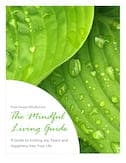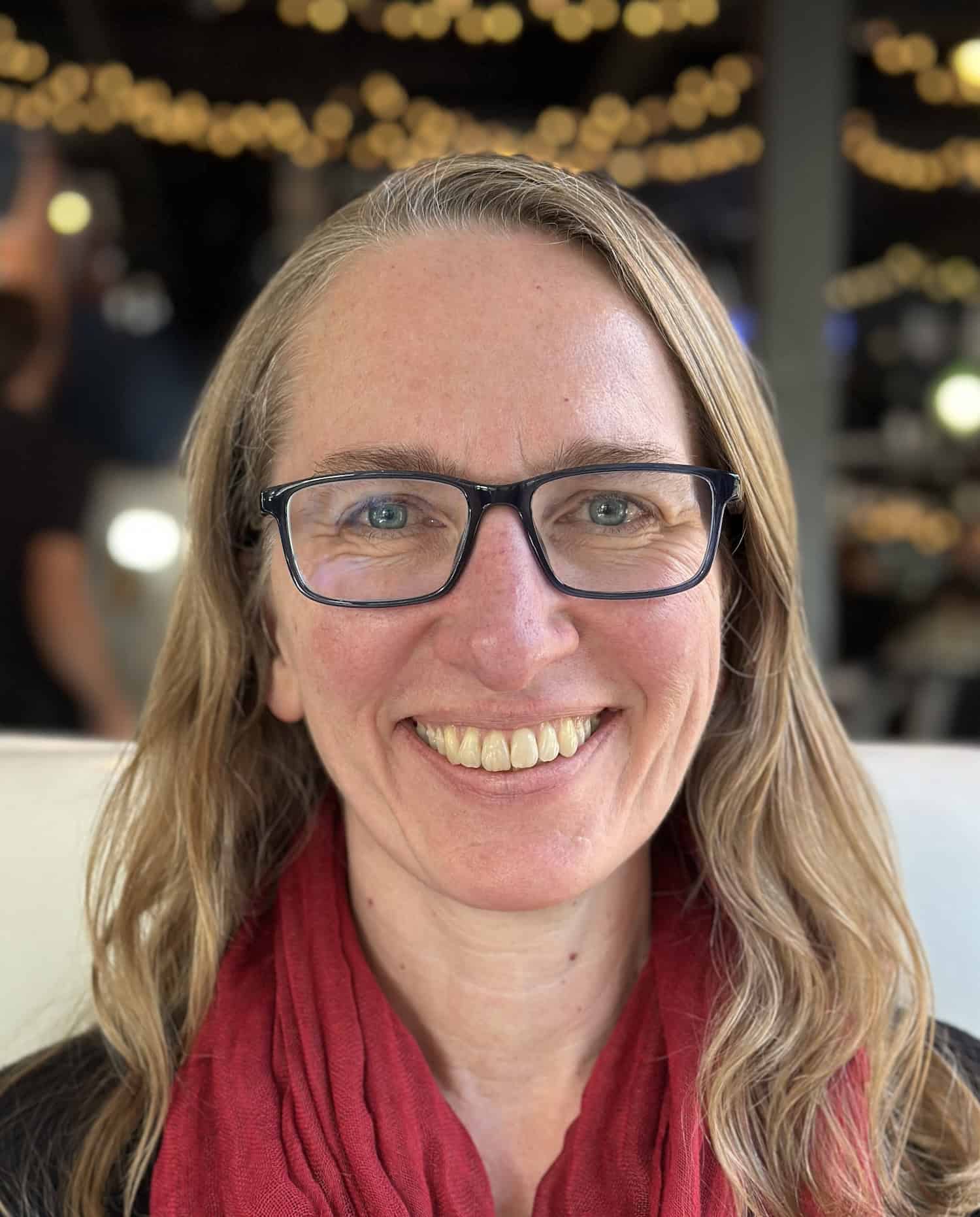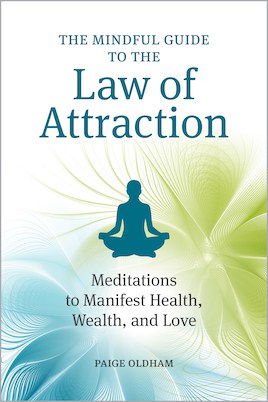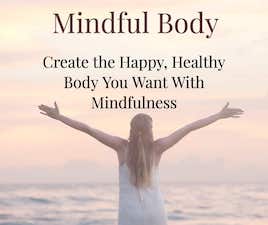Over the past few months, I’ve been working more, not writing, not practicing yoga and meditation as much as I would like. I’ve been choosing to do “one more thing” at work instead of listening to my reminder to go out and take a walk. I’ve been making choices each day that take me away from the things that feed my soul in exchange for more work.
Fortunately, I truly enjoy my day job and the people with whom I work. But my choices have been pushing me out of balance which has increased my stress, and my body has been letting me know.
Listen To Your Body
I’ve been getting more out of breath from doing simple things. I feel incredibly fatigued much of the time. Occasionally, I have heart palpitations and chest pressure. I wake up around two or three in the morning and have a hard time getting back to sleep. It’s tough for me to focus, and I’m constantly forgetting names and obvious words in normal conversation (very frustrating).
I went to a cardiologist to make sure my heart is healthy. After running all kinds of tests, the feedback was that I’m perfectly healthy except for a slightly low potassium level. So I added potassium and magnesium malate supplements to my daily regimen. I also decided to stop drinking coffee (a tough choice) as I know that I’m sensitive to caffeine.
My diet is good (mostly Paleo, organic and I don’t like sweets) so there’s not much to change there. I drink almost a gallon of water a day.
After doing a more holistic self-assessment and asking my body what it needs while I meditate, my True Self’s simple prescription is to simply write. I love to write. I love being able to help others along their paths by sharing the experiences I’ve had on mine.
Last year I read Mind Over Medicine by Lissa Rankin. She’s a doctor who became disillusioned with Western medicine when it didn’t help her heal her chronic and severe illnesses. She found a new way that focuses on listening to your heart to heal. At the end of the book, she brings you through a process to write your own prescription for healing.
I did that exercise and wrote a list of simple things that would feed my soul and keep me healthy:
- Proactively rest and care for my body
- Maintain “to do” lists to stay organized and reduce stress
- Write every week
- More focused time with my family
- Maintain yoga, meditation and a good diet
- Walk most days
- More music and dancing
These are exactly the things that I’ve been pushing out of my life in favor of getting more work done. And I’m paying for it.
The Ayurvedic Way
While going through this process, I was approached to write a review of a book called The Wheel of Healing with Ayurveda by Michelle Fondin. I’ve been a fan of Ayurveda and always said that, if anything serious happened to my health, this would be one of the first resources I would utilize. I asked and the Universe delivered.
What is Ayurveda? It’s the “science of life,” a complete wellness system that includes all that we associate with medical care – prevention of disease, observation, diagnosis and treatment – as well as self-care practices that are generally absent from Western medicine. In many ways, it’s similar to Chinese medicine.
Author Michelle Fondin discovered this 5,000-year-old tradition when she was diagnosed with thyroid cancer. Ayurveda resonated with her because she was searching for ways to understand why she had become ill and actively participate in her healing – rather than simply turning it over to experts and protocols. In Ayurveda, Fondin found the truly multifaceted approach she shares in The Wheel of Healing with Ayurveda: An Easy Guide to a Healthy Lifestyle.
Fondin uses eight “spokes” of healing to describe Ayurveda’s all-encompassing, holistic perspective on healing. This includes not just diet, exercise and genetics but also relationships, life purpose, past experiences, environmental health, and financial stress. The book also includes a comprehensive set of self-assessment questions that allow readers to zero in on their body type’s specific needs and best practices for eating plans, addiction treatment, detoxification and techniques for improving relationships.
Ayurvedic Doshas: Why You Are the Way You Are
In Ayurveda, there are three body types or doshas: vata, composed of space and air; pitta composed of fire and water; and kapha composed of water and earth. Most people are predominantly one dosha with varying parts of the other two. I’m a strong pitta with a bit of vata. My husband is a strong vata with a little pitta.
Vata types love movement and change. They move, talk and walk fast. They are easily excitable, fun, creative, communicative and enterprising. They’re playful, funny and witty but can be unpredictable and unreliable. They resist routine, even though they need it, and forget to eat or sleep at times. It’s typically vata to start a project and not finish it, change jobs or relationships often and spend money on trivialities. When in balance, vata types keep you on your toes with their boundless energy. But when out of balance, vatas suffer from anxiety, panic attacks, weight loss, constipation, dry skin and eyes, aches and pains and fear.
Pitta types have a medium build, beautiful eyes and a healthy glow to their skin. It’s pitta to want things to be in order, to be a perfectionist about details and to not like having their time wasted. A pitta is driven by learning new things and sharing their knowledge with anyone who will listen. To others, pittas are interesting, attractive, well-spoken and intense. When in balance, pittas are strong leaders, passionate lovers, informative educators and beautiful. But when pittas are out of balance, they spew fire, criticizing and judging everyone in their path. They’re irritable, unpleasant and furrow their brow. They get acid indigestion or irritable bowels, and rosacea from stress and anger.
Kapha types have a large build, large, loving eyes and rosy cheeks. Kaphas walk, talk, think and process things slowly and don’t worry much. It’s kapha to resist change, enjoy routine and be methodical and affectionate. To others, kaphas are grounding, steady, loving and trustworthy and are great listeners. They have a difficult time understanding why they love food so much and gain weight easily. When in balance, kaphas are the solid foundation of a family or company. Once a kapha is out of balance, they gain weight, refuse to move off the couch, accumulate clutter, become possessive in relationships and have excess mucus in the body. While all three doshas are at risk for depression when out of balance, a kapha is the quickest to become depressed, especially in late winter.
Reading about the different needs of each dosha in the areas of dharma or life purpose, physical health, spiritual health, emotional health, healing past experiences, relationship health and occupational health (the eight “spokes”) helped me to better understand myself and my own needs as well as those of my husband. While I’ve already learned to accept and love my husband and all his quirks, this book helped me to better understand how all the pieces fit together.
It also confirmed for me that not living my dharma (choosing work over writing) has put me out of balance.
Taking Responsibility for Your Own Health
One concept you must embrace before beginning this healing journey is the concept of taking responsibility for your own health and well-being. Fully knowing that you are the one directly influencing your health is the key to turning your health around for the better.
Taking responsibility for your health doesn’t mean blaming yourself. It simply means taking charge. Don’t wait for your spouse to cook you healthy meals; instead, go shopping, use the principles in this book, and make dinner yourself. If you don’t know how to cook, take a cooking class. And don’t put off exercise by waiting for that next paycheck to come so you can join a gym. Put on a pair of sneakers and comfortable clothing now, get outside, and walk for twenty or thirty minutes. There will always be excuses that let you avoid improving your health, more excuses than you can probably conjure up in your mind right now. But there are an equal number of opportunities to grasp each and every day. When you make this shift, you can be a beacon of light for others to follow.
Focus on why you desire health. Let that desire be your guide and motivation. And then go for it. You are the one who cares the most about you.
This book brings control and responsibility back to you. Each chapter offers specific actions you can take to bring balance back to all aspects of your life.
By taking charge of your life and learning how to use the eight “spokes” of the Ayurvedic wheel of healing, you can work your way toward wellness. By learning little things and applying them, you can make a big difference in your health.
The Wheel of Healing with Ayurveda has helped me in many ways, and I highly recommend it.
Michelle S. Fondin is the author of The Wheel of Healing with Ayurveda. She holds a Vedic Master Certificate from the Chopra Center and is a member of the National Ayurvedic Medical Association and Yoga Alliance. She treats clients at her Ayurvedic Path center, speaks and offers workshops, and lives in Herndon, Virginia. Visit her online at Michelle Fondin.
Excerpts from the book The Wheel of Healing with Ayurveda ©2015 by Michelle S. Fondin. Printed with permission of New World Library. New World Library
Create the life you want: Combine the law of attraction with mindfulness
The law of attraction suggests that our positive or negative thoughts bring about positive or negative experiences. My latest book, The Mindful Guide to Law of Attraction, pairs that belief with the powerful practices of mindfulness. Through intentional breathing, writing, and engaging, you’ll hone a method for manifesting health, wealth, and love―the elements of happiness.
Let the law of attraction work for you by adopting its basic steps of identifying and visualizing the things you desire. Then use 45 practical meditation techniques included in the book to achieve awareness. By concentrating your positive energy on obtaining your wants, you’ll give yourself permission to receive them.
To your happiness! ~Paige

You can find this book at Amazon, Barnes & Noble, Books-A-Million, and Indigo.







 The Mindful Living Guide
The Mindful Living Guide




You’ve made pretty good points! I’ve been sitting and working for hours today and my back hurts already because I made almost no movements except typing. We all have to listen to our bodies and take care of them.
Hi Paige thank you for the review and honest insight into your life.
Taking small steady forward steps each and every day grows and grows into a journey an adventure. Even just one controlled relaxed breath at a time moves you forward.
Take care
Glen
I couldn’t agree with you more Glen! Real change happens in baby steps and every one of them counts.
Thank you so much!!